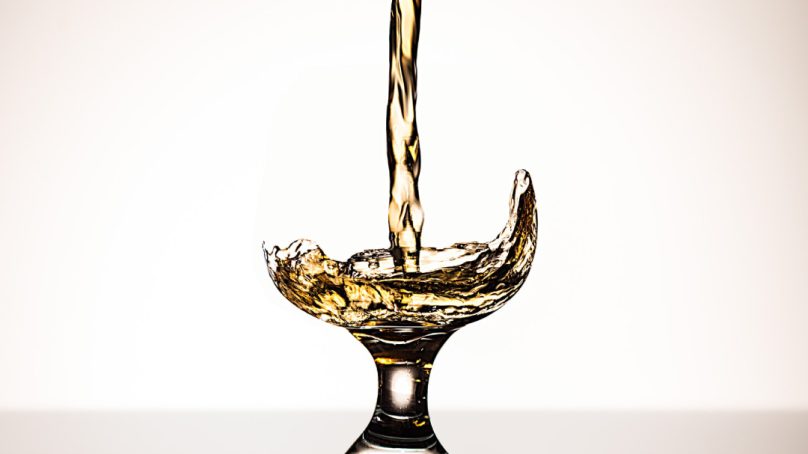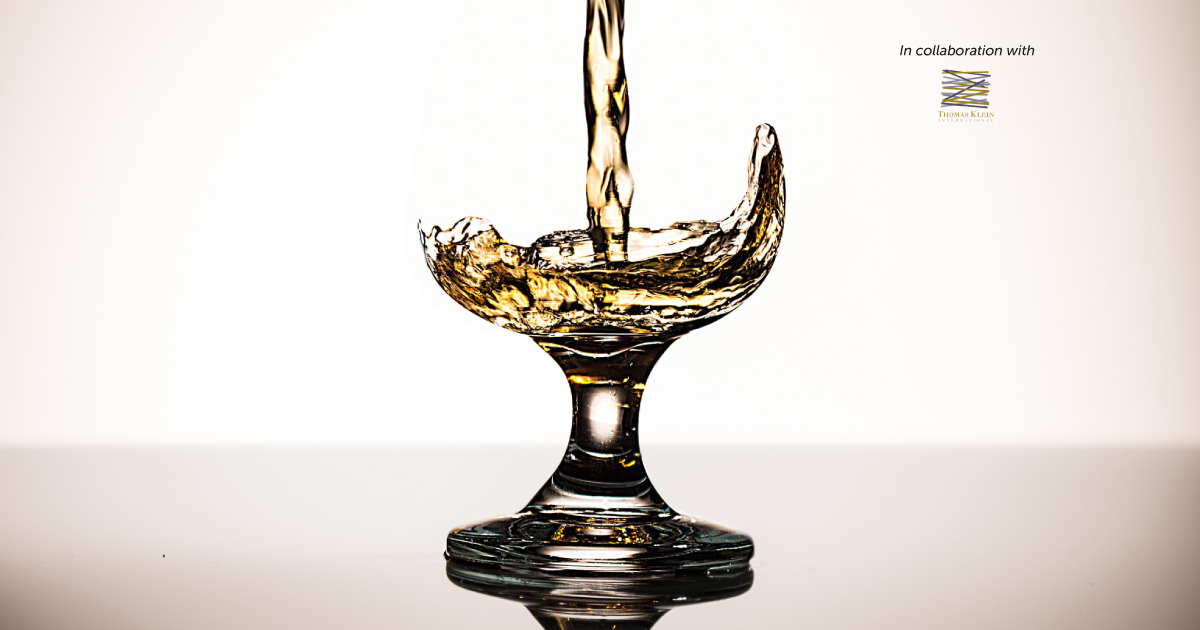
A greater number of restaurants and bars are offering innovative non-alcoholic drinks on their menus. According to Distill Ventures, the first independent drinks investment company, 42 percent of bartenders in London are expecting non-alcoholic spirits and aperitifs to become a growing trend alongside nonalcoholic beer, wine and other offerings. Furthermore, their research outlines the importance for non-alcoholic consumers to feel included by providing a range of choices, without compromising on taste and quality. The experience should be equally exciting, appealing and just as complex technically, albeit without the alcohol. Mixologists use textures, flavor and inventive techniques to create nonalcoholic drinks to enhance the overall experience and feeling of inclusion for this niche consumer group. However, from a bartender’s perspective, creating non-alcoholic drinks presents technical challenges especially in ensuring aroma and taste.
Alcoholic drinks, particularly spirits, cause a variety of sensations and promote certain reactions that are difficult to replicate with non-alcoholic drinks. These complexities explain why, in some instances, non-alcoholic drinks are priced at a similar rate to alcoholic ones. There is an opportunity for restaurants and bars to drive incremental revenues by having stand-alone menus that include bespoke non-alcoholic drinks, as guests can consume them throughout the day. The UAE is taking the initiative, with the recent entry of Lyre’s — the world’s leading independent non-alcoholic spirit brand that’s partnering with restaurants and bars in the country. Considering the religious demographics, consumers are not necessarily looking to recreate the experience of drinking alcohol. To attract and retain these consumer groups, Lyre’s brand plans to market the non-alcoholic spirit as a lower-sugar, high-end beverage experience. The involvement of such innovative brands supports the efforts of bartenders and mixologists in creating more complex flavors, from spicy to sour and smoky beverage experiences, beyond the usual mocktails.
Alcohol consumption in inflationary times
While consumers hoped that their lives and livelihoods would return to normal in the post-pandemic era, the current economic climate is a story of inflation on a global scale. Many are rethinking their spending choices and buying more affordable groceries to mitigate rising costs. According to the EY consumer index report for 2022, 52 percent of consumers said rising costs are affecting their ability to purchase goods. The reduction in purchasing power of non essentials, like alcohol, is expected to prompt questions over whether the alcoholic beverage industry will prove inflation resistant.
Further research from the EY report shows that 60 percent of respondents said they have either stopped purchasing alcohol or are buying cheaper alternatives due to price increases. Consumers, especially those on lower incomes, are more likely to choose a nightcap over a night out. According to analysis by Goldman Sachs, spirits sales in more developed economies, like the US, have little correlation with economic growth. In contrast to beer, distilled products tend to be consumed by high earners, hence an economic decline should have less effect on consumption. However, research shows that 25 percent of spirits are consumed away from home, resulting in bars and restaurants bearing the brunt of economic conditions. Distillers have attempted to outmaneuver the prevailing market conditions by creating new, more innovative and flavorful products, such as ready-to-drink cocktails, rather than price hiking.
It is not only purchasing power that dictates consumer choices; the desire to be more health conscious is a major driver for many, which in turn is shaping drinking behavior. There are those who are drinking less to manage their weight. One of the earliest brands to capitalize on this trend was Seedlip, who developed premium non-alcoholic spirits without additives or sweeteners, using only natural ingredients. The company quickly realized that a growing number of consumers are guided by sustainability and health. In recent years, movements such as the “Dry January” challenge have developed into yearlong experiments.
In light of the financial challenges posed by global inflation and the need to appeal to a more discerning, health conscious consumer, brands will need to remain innovative in a rapidly evolving drinks market.

Principal and managing director
Thomas Klein International
Add to Favorites















